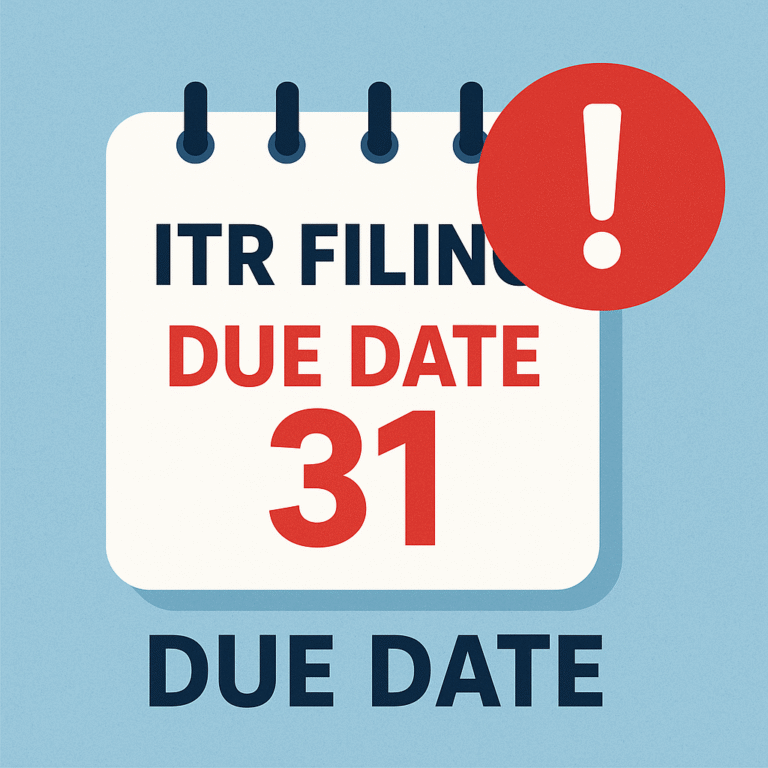Introduction
The recent announcement of a Pakistan–Saudi Arabia Defence Pact has drawn global attention. Both countries share deep-rooted historical, cultural, and religious ties, but this new defence agreement marks a turning point in their bilateral relationship. With shifting geopolitical dynamics in South Asia and the Middle East, the pact is not just a formal collaboration but a significant step toward strategic defence cooperation, military modernization, and regional security stability.
This article explores the details of the defence pact, its objectives, implications, and challenges, while analyzing its impact on South Asia, the Middle East, and beyond.
Background of Pakistan–Saudi Relations
Pakistan and Saudi Arabia have long maintained strong diplomatic and military ties. Since Pakistan’s independence in 1947, Riyadh has supported Islamabad economically and politically, while Pakistan has reciprocated with military assistance.
-
Historic Cooperation: Pakistan has sent military trainers and advisors to Saudi Arabia since the 1960s. Pakistani troops have also been stationed in the Kingdom to safeguard its borders.
-
Economic Dependence: Pakistan has often relied on Saudi financial aid, oil supply on deferred payments, and direct investment.
-
Religious and Cultural Links: As two major Muslim nations, Pakistan and Saudi Arabia share close religious ties, making their relationship unique in the Islamic world.
This defence pact builds on decades of cooperation but signals a more institutionalized and forward-looking strategy.
Key Features of the Defence Pact
While full details remain confidential, official reports highlight several areas of cooperation:
1. Joint Military Training
The pact emphasizes exchange programs, military drills, and counterterrorism training. Pakistan, known for its skilled armed forces, will provide training to Saudi personnel, while benefiting from advanced Saudi technologies.
2. Defence Production and Technology Sharing
Both nations plan to co-develop defence equipment, including drones, armored vehicles, and missile systems. Saudi Arabia’s Vision 2030 includes building a self-reliant defence industry, where Pakistan can serve as a key partner.
3. Counterterrorism and Intelligence Sharing
Given their shared security challenges, especially in combating terrorism and extremism, the pact ensures intelligence cooperation. This will help neutralize threats both domestically and regionally.
4. Naval and Air Force Cooperation
With Saudi Arabia’s strategic location near the Red Sea and Persian Gulf, and Pakistan’s naval strength in the Arabian Sea, the pact enhances maritime security collaboration. Joint air force exercises will also strengthen aerial defence capabilities.
5. Troop Deployment Framework
Although not officially confirmed, the pact may allow Pakistani troops to be stationed in Saudi Arabia in advisory and defensive roles.
Strategic Motivations Behind the Pact
For Pakistan:
-
Economic Support: Saudi Arabia remains a lifeline for Pakistan’s struggling economy through investments and oil subsidies.
-
Military Upgradation: Access to modern Saudi-funded defence technology can boost Pakistan’s military modernization.
-
Regional Balance: Strengthening ties with Riyadh helps Pakistan maintain leverage in the Middle East while balancing relations with Iran.
For Saudi Arabia:
-
Military Expertise: Pakistan’s well-trained army is among the strongest in the Muslim world. Saudi Arabia benefits from their operational experience.
-
Diversified Security Partnerships: Riyadh aims to reduce overreliance on Western defence suppliers by partnering with Pakistan.
-
Regional Stability: With conflicts in Yemen and tensions with Iran, Saudi Arabia sees Pakistan as a trusted ally for security support.
Regional and Global Implications
1. Impact on South Asia
-
Strengthens Pakistan’s strategic position vis-à-vis India.
-
Could influence Afghanistan’s security environment if Saudi Arabia and Pakistan collaborate on counterterrorism.
2. Middle East Balance of Power
-
Potentially challenges Iran, as both Pakistan and Saudi Arabia are aligning militarily.
-
Enhances Riyadh’s defence posture in the Gulf region.
3. China’s Role
-
China, already a strong defence partner of Pakistan, may see this pact as an opportunity to expand its influence in Saudi Arabia under the Belt and Road Initiative (BRI).
4. Western Reactions
-
The United States may cautiously welcome the pact as it strengthens an ally (Saudi Arabia) while also keeping Pakistan engaged.
-
However, Washington may monitor closely to ensure sensitive technologies are not shared beyond acceptable limits.
Challenges Facing the Pact
Despite its promise, the defence pact faces several challenges:
-
Pakistan’s Economic Instability: Islamabad’s financial struggles could limit its ability to fulfill long-term commitments.
-
Iran Factor: Closer Pakistan–Saudi defence ties could strain Pakistan’s relations with Iran, with whom it shares a long border.
-
Dependence on External Support: Saudi Arabia still relies heavily on Western defence imports, which could limit the depth of collaboration.
-
Domestic Politics in Pakistan: Shifts in political power could affect Islamabad’s foreign policy stance.
Long-Term Benefits
If successful, the pact could:
-
Strengthen the military-industrial complex of both nations.
-
Position Pakistan and Saudi Arabia as leaders of defence cooperation in the Muslim world.
-
Enhance regional counterterrorism operations.
-
Provide economic opportunities through defence production partnerships.
Conclusion
The Pakistan–Saudi Arabia Defence Pact is more than a military agreement—it is a strategic move to reshape regional security and cooperation. For Pakistan, it ensures economic aid and defence modernization. For Saudi Arabia, it provides access to military expertise and diversification of security partnerships.
While challenges remain, this pact could redefine the future of South Asian and Middle Eastern geopolitics, making Pakistan and Saudi Arabia pivotal players in the emerging global security order.






